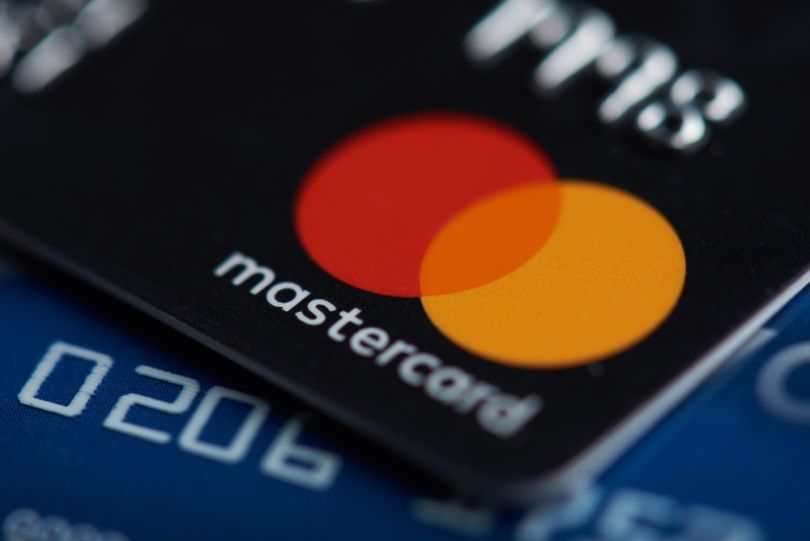
Did you know that false credit card declines cost businesses and the wider economy around $118 billion? According to Forbes, that number is a whopping 13 times higher than the cost of genuine credit card fraud.
The outlet recently detailed Mastercard’s efforts leverage artificial intelligence to cut down this figure. Using predictive analytics via its Decision Intelligence and AI Express platforms, the technology has so far halved the false decline rate.
Ajay Bhalla, the company’s president for global enterprise, risk and security, spoke with Forbes about how investing in AI is aligned with the company’s objectives.
Bhalla revealed that an acquisition of a team of California-based artificial intelligence specialists have increased their efficiencies in this realm by enabling real time data analysis. According to Forbes, data points include “transactional data, along with external data including anonymised and aggregated customer information, and geographical information.”
Machine learning algorithms certainly have a tall order to fill given the sheer volume of the Mastercard network, which processes the 75 billion transactions per year happening at 45 million global locations. The dynamic nature of self-teaching algorithms leads to more accurate decisions than the fixed rules of yore.
“What it does is goes through billions of transactions and figures out what is the propensity of the transaction being fraudulent, and it gives this advice to the bank in the system, when the transaction goes through for authorization. It’s helped us to catch billions of dollars’ worth of fraud.”
Bhalla explains: “What it does is goes through billions of transactions and figures out what is the propensity of the transaction being fraudulent, and it gives this advice to the bank in the system, when the transaction goes through for authorization.
“It’s helped us to catch billions of dollars’ worth of fraud.”
Luckily for consumers, they stand to benefit from this more sophisticated approach. “This is really good from a consumer standpoint because it means faster approval for the consumer, and it means more genuine transactions get approved. And merchants love it because for merchants, more approvals mean more business,” Bhalla told Forbes.



